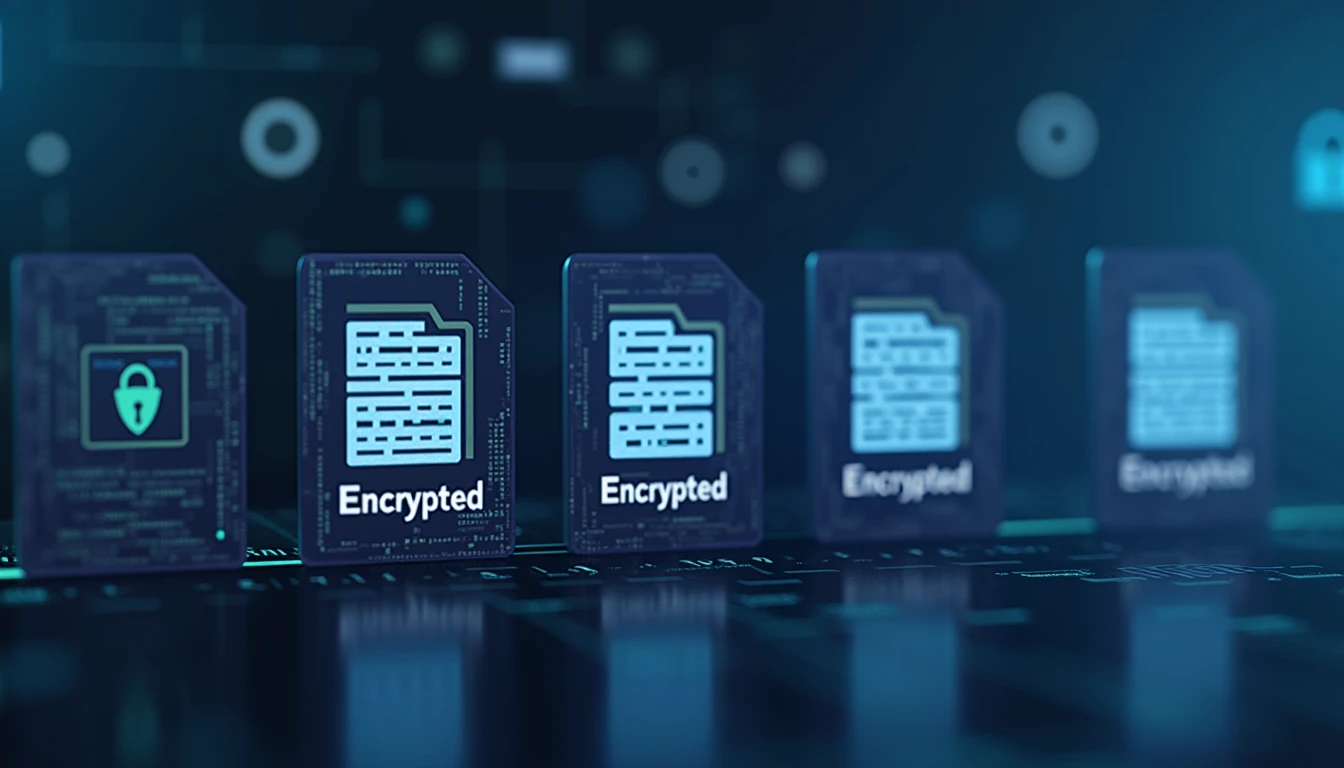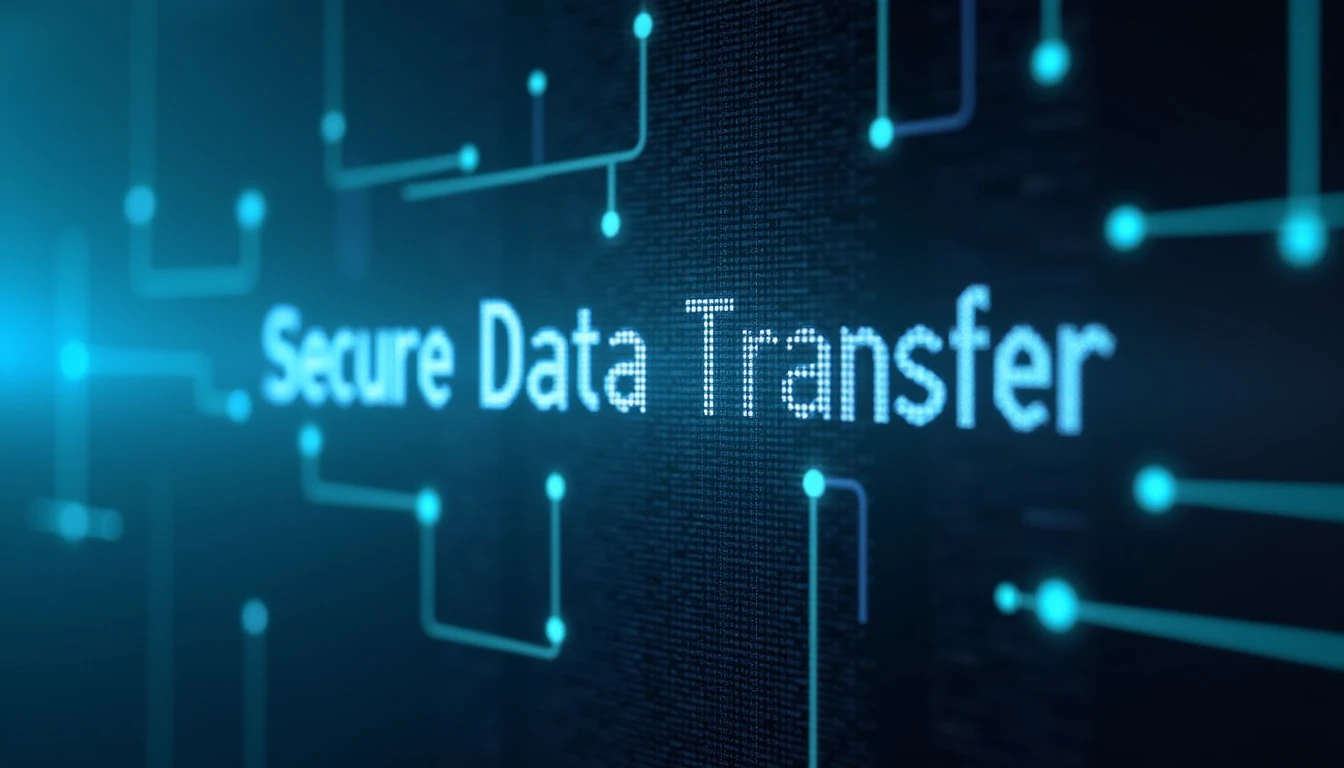In an increasingly interconnected world, the threat of unauthorized tracking has grown exponentially. From governments to corporations, entities are leveraging advanced technologies to monitor our every move. This article explores two powerful tools—VPNs (Virtual Private Networks) and secure SIM cards—that offer robust countermeasures against such surveillance.

Understanding VPNs as a Protective Measure
A VPN creates an encrypted tunnel between your device and a remote server, effectively hiding your IP address. When you connect to a public Wi-Fi network or access the internet, without a VPN, your data travels over insecure channels, making it vulnerable to interception by malicious actors. By routing traffic through a VPN, sensitive information like browsing history, login credentials, and even location data become encrypted, rendering them undecipherable to third parties.
The encryption protocols used in VPNs ensure that no unauthorized entity can eavesdrop on your communications or track your online activities. This is particularly crucial for professionals dealing with confidential information, activists concerned about state surveillance, and everyday users wanting to safeguard their privacy. However, not all VPNs are created equal. It’s essential to choose providers offering strong encryption standards like AES-256, a military-grade cipher known for its robust security.
Moreover, reputable VPN services maintain a no-logs policy, ensuring they don’t retain any metadata about your usage. This adds an extra layer of protection against potential legal repercussions or data breaches. By encrypting traffic and hiding IP addresses, VPNs serve as the first line of defense against tracking mechanisms that rely on network analysis.
Secure SIM Cards: Protecting Mobile Data
While VPNs excel at securing internet traffic, they operate primarily over Wi-Fi or cellular networks. For mobile devices, an additional layer of protection is required to counteract tracking via cell towers. Here enters the role of secure SIM cards—specialized hardware designed to encrypt communication directly on the device before it leaves your phone.
Standard SIM cards transmit data in plaintext form, making them susceptible to interception by eavesdroppers or government agencies monitoring cell tower traffic. In contrast, a secure SIM card employs end-to-end encryption to ensure that even if an attacker gains access to the raw data, they cannot decode it without the decryption key held exclusively on your device.
These cards are particularly useful for activists operating in hostile environments where tracking is rife. By encrypting every call, text message, and data packet at the source, secure SIMs prevent unauthorized entities from reconstructing your communications or pinpointing your location based on cell tower triangulation. It’s worth noting that not all secure SIM cards offer the same level of protection; some may lack encryption altogether or use weaker cipher suites.
Combining VPNs and Secure SIM Cards for Maximum Protection
To achieve comprehensive security, integrating both VPNs and secure SIM cards is advisable. While a VPN protects internet-based traffic routed through Wi-Fi or cellular networks, it doesn’t address tracking via cell towers. Conversely, a secure SIM encrypts all data transmitted over the cellular network but leaves unencrypted data sent through Wi-Fi exposed.
By using these tools in tandem, you mitigate risks associated with both types of connections. For instance, when connected to public Wi-Fi, rely on your VPN to shield online activities. Simultaneously, ensure that mobile communications—voice calls, SMS, and data transfers—are encrypted using a secure SIM card. This dual approach ensures that no avenue for tracking remains unchecked.
However, it’s important to recognize potential limitations. Both technologies depend on users correctly configuring them and consistently applying best practices. Neglecting to enable encryption settings or inadvertently revealing sensitive information in plaintext can undermine their effectiveness. Additionally, while VPNs mask your IP address, they don’t prevent metadata collection by network providers unless you use a no-logs service.
Choosing the Right Tools: Criteria for VPN Services and Secure SIM Cards
Selecting the right VPN is crucial to maximizing security benefits. Look for providers that offer advanced encryption protocols like AES-256, implement stringent no-logs policies, and maintain a global network of exit servers to obscure your traffic’s origin. Avoid free or low-cost options that might prioritize user data collection over privacy.
For secure SIM cards, focus on products certified by reputable cybersecurity firms. Ensure they utilize end-to-end encryption for all types of communication and offer features like auto-logout after periods of inactivity. It’s also beneficial if the SIM card integrates with popular messaging platforms to enhance your overall security posture.
When evaluating any tool, read third-party reviews and consider conducting thorough testing under simulated attack scenarios. This helps identify potential vulnerabilities or performance issues that could compromise your privacy.
The Future of Countermeasures Against Tracking
As tracking technologies evolve, so must our strategies for countering them. VPNs and secure SIM cards represent significant advancements in safeguarding personal data against unauthorized access and surveillance. However, relying solely on these tools isn’t sufficient; continuous vigilance is necessary to adapt to emerging threats.
The landscape of digital privacy is constantly shifting, with new vulnerabilities discovered regularly. By staying informed about the latest developments and refining your security practices accordingly, you can better protect yourself in an increasingly monitored world. Remember, no system is entirely foolproof—there’s always room for improvement. But by adopting a proactive approach and leveraging cutting-edge technologies like VPNs and secure SIM cards, you enhance your ability to stay one step ahead of potential trackers.








